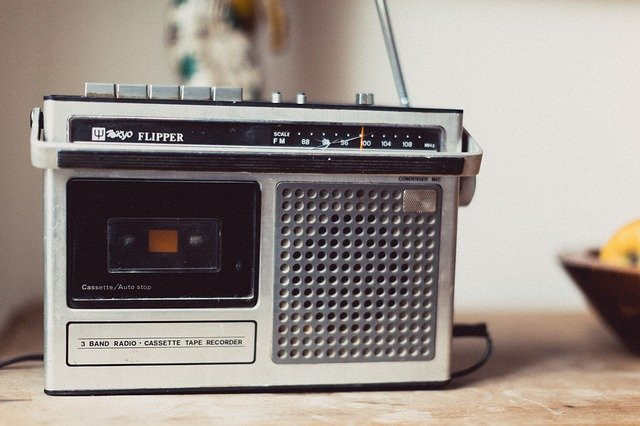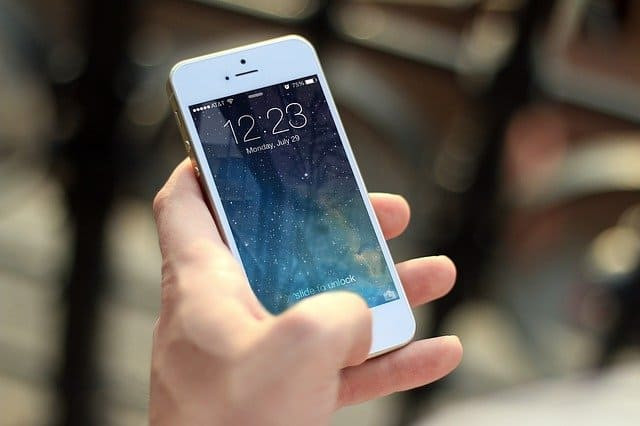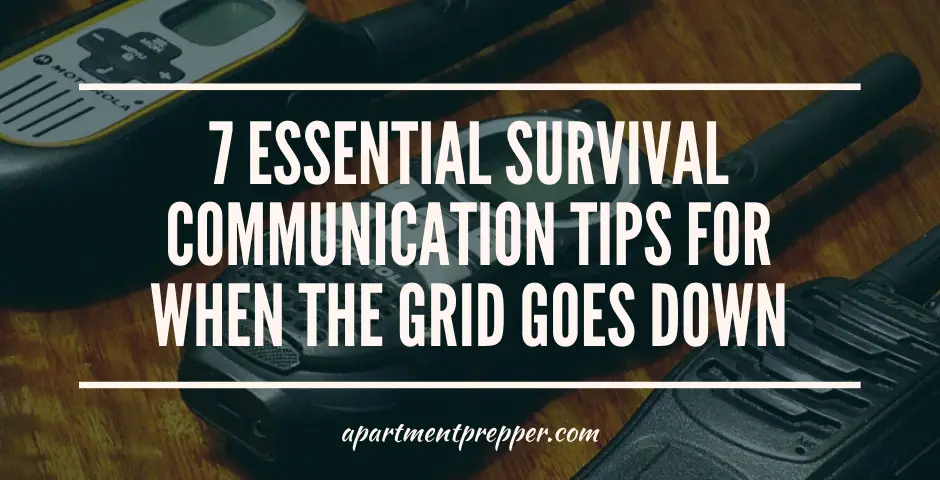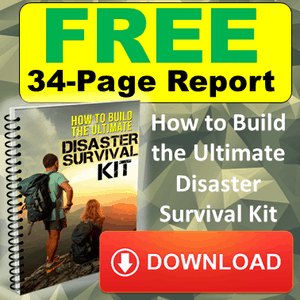Written by Jim
Nowadays, most devices that allow us to communicate with others are dependent on electricity. Literally, everything from mobile phones to TV sets requires electricity to be able to work. So, if you get to an emergency situation when the electricity source is down, many of your devices won’t work.
In addition, the main telephone communication supply (‘land lines’) may go down leaving many people without communication, but there are still options available. In the aftermath of a disaster, you’ll want to phone your friends and family members to tell that you are okay and to ask them about their situation.
Even if the main grid is down, some ways of communication still exist. In cooperation with the government, radio stations have special procedures in place for emergency situations that allow them to broadcast disaster information. Some of them have special generators that provide power in an emergency.
Here is what can help you in such a critical situation.
Disaster communication options
Battery operated radio
It can be lifesaving if you have such a radio. It is even better if your radio has a special wind-up power generator inside. Such devices aren’t popular, but they are usually used in areas that are not developed well or in some survival situations. If you face a catastrophe, such a radio can be your only source to get information about what’s going on in the world.

Amateur radio
Such a radio can provide people a lasting and reliable way to communicate with others. These are known as CB (Citizen Band) radios or ‘Ham’ radios. A lot of operators of amateur radios can use them to contact their friends in any country. So, if you get into a critical situation where all communication methods will be down, amateur radio can help you to get essential news or communicate between stranded people who need help.
If you decide to get such a radio, you should understand that at first, in some countries you should get a special license that allows you to use amateur radio. Once you get this license, you will be able to communicate with other people who also have it by using dedicated CB radio frequencies.
Two-way radio
It is possible to buy two-way radios of many types and designs. Such radios allow people to talk if they are 3-5 miles away from each other, so it is a great way of communication for family members or neighbors. It is possible to get even more powerful radios although their purchase and use may be restricted in some countries.
Mobile Phone
Home phones can’t work if the grid is down, but mobile phones can allow you to use them for a limited period of time when they still have a charged battery. But don’t forget that during the catastrophe circuits can become overloaded, as many people will try to make phone calls at the same time. Just remember what it is like on New Year’s Eve when everybody tries to make phone calls at midnight but struggle to connect. Remember to preserve your battery. You can do this by arranging to make your calls to others at set times, and have your phone switched off at all other times. You’ll also need a backup charger.

Internet
Your smart phone will allow internet access for as long as you can receive data from the cellular service providers. The internet may be the best option to access information as in an emergency situation the phone service can become overloaded.
Batteries
It’s very important to have batteries as a backup source of power for devices. Make sure you have the correct batteries for your radios and that you have a suitable adapter to charge your phone using regular batteries. So make a good stock of them. Also remember that batteries have a shelf-life and can lose power over time. Check yours today! Producers of batteries are selling the ones that may be working for 10 years but again, cost is an issue here.
Solar charger
Solar chargers are handy to have in an emergency but are often very weak at best and are dependent on either direct sunlight or ambient UV light. Check that your solar charger can connect to your devices and batteries and also check it for efficiency to make sure that it functions as you need it to.
Conclusion
People can get into a terrible situation if they are unable to contact others when electricity is down. But if you have devices that work by using the batteries, for example, some mobile phones or laptops, then it may become possible to be able to contact others, although the time of such communications may be limited.
To have a possibility to communicate with others in an emergency situation you should have your devices stored in an accessible place and have a way of charging them. Every situation has its own characteristics, so it’s impossible to predict which methods of communication will be the best for you during survival times. But if you have several tools for communication, you’ll have a better chance than most at communicating when the SHTF.
About the Author
Jim has over 20+ years’ experience teaching survival skills in the UK and has now started his own website at ClickSurvival.com. You can get a free 34-page report on How to Build the Ultimate Disaster Survival Kit by visiting this link here.


